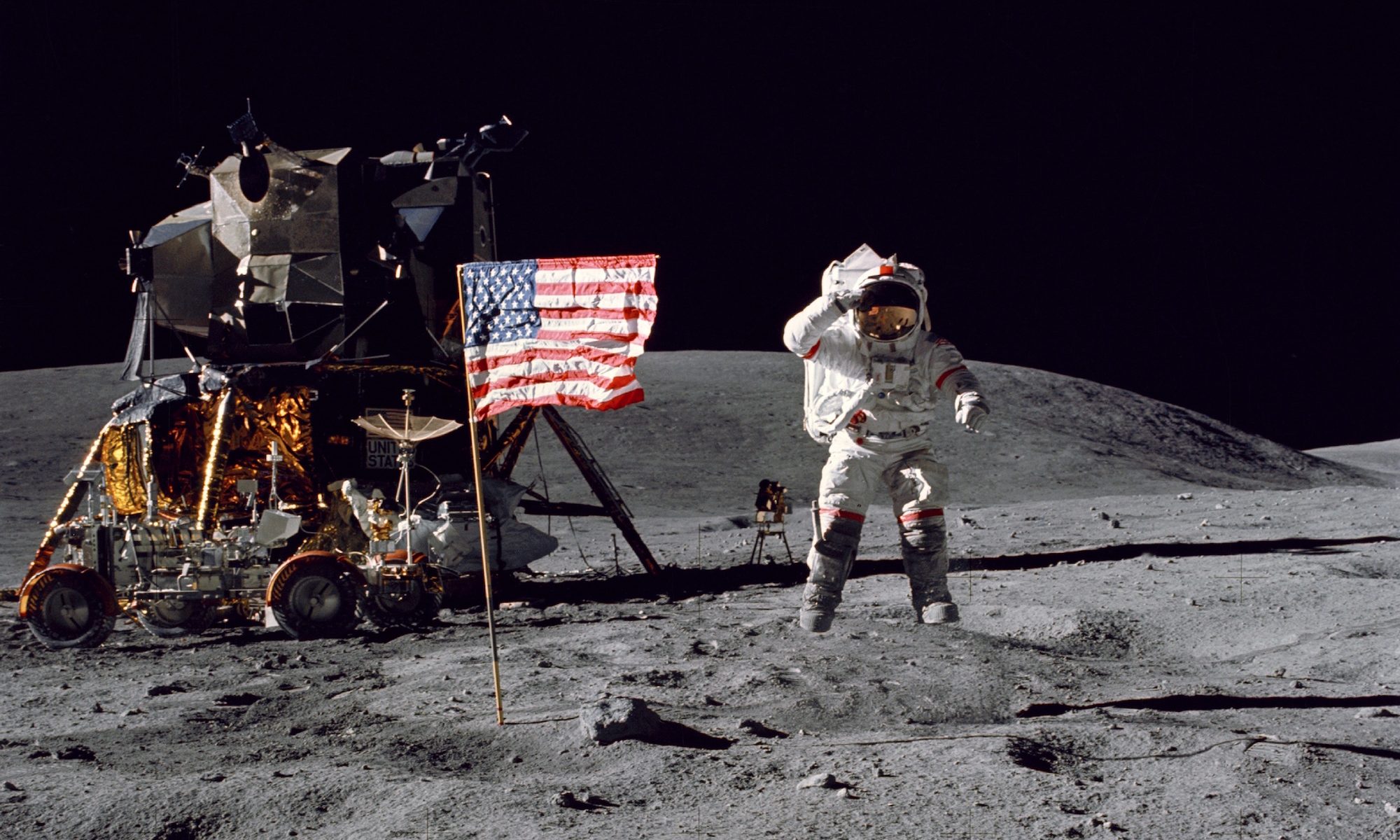 Somehow, reading about the Soviet history has become my hobby. Readers should therefore appreciate in advance that my comments here are from a particular standpoint. And I should also note that I have no love for the Soviet state: I think that Ronald Reagan was more right than wrong when he called the Soviet Union the “evil empire.”
Somehow, reading about the Soviet history has become my hobby. Readers should therefore appreciate in advance that my comments here are from a particular standpoint. And I should also note that I have no love for the Soviet state: I think that Ronald Reagan was more right than wrong when he called the Soviet Union the “evil empire.”
But.
I also grew up in the shadow of the Cold War in the American Midwest. The demotic understanding of the USSR was that they were the bad guys–pre-1991, they were bad guys who wanted to kill (enslave? humiliate?) us, and post-1991 they were the bad guys who lost because their system was bad. The sophisticated explanation, based on a mishmash of Orwell, Chambers, and Koestler (often as translated through third- and fourth-hand impressions of those texts), was that Soviet society was a particular kind of evil, a melange of the gray and the violent.
Reprogramming myself from that perspective began with, surprisingly enough, a Time-Life book called, simply, The Soviet Union. I encountered this on my middle-school library’s shelves, which meant that this had to have happened post-collapse (1993 or 1994). I think I read it eight or nine times; I know for certain I stole it from the library (a sin, to be sure, but I don’t think that I’ve deprived anyone of its circulation!). I was enthralled by the portrait of Soviet normalcy it portrayed: people getting married, people going to work, people attending poetry readings (a novel thought in more than one way), people engaging in “hero projects” to build the trans-Siberian railroad, and so on. The overwhelming takeaways were that the Soviets were … normal. Poor. Constricted. But normal. Everyday people made their life there, and considered other ways of living strange.
Heady stuff at 12 years of age
I know now about the fine variations in Soviet strategies of rule–the distinctions between 1937, 1957, and 1977 in the USSR are almost as familiar to me now as the parallel changes in, say, British life would be. But it’s in the spirit of that first shock that a culture could exist on so fundamentally different lines that I continue to read about Soviet history. In essence, I’m still trying to square the puzzle of my childhood: how could people living in a system so different from mine nevertheless seem so similar?
Simon Ings’s Stalin and the Scientists speaks more to my chosen career now (although I wish for a companion volume: Stalin and the Social Scientists). How did Soviets at the height of Stalinism do science? Ings’s answer is: cautiously, but with more dedication than one would expect.
Ings’s world of Soviet science focuses on the mixture of the political and the scientific. As he writes (xiv), “In the end, only obedience mattered. Stalin believed that science should serve the state.” For a political scientist, I will confess to a slight frisson at the idea that STEM should be so subordinated to the political; contemporary American discourse makes the opposite claim (frequently to its demerit). Of course, the result of this was awful: “It was counterproductive. It was tantamount to wrecking.” (xv) This led to a bizarre paradox: “By the time Stalin died on 5 March 1953, the Soviet Union boasted the largeest and best-funded scientific establishment in history. It was at once the glory and the laughing stock of the intellectual world.” (xv)
This was the system that produced both the first artificial satellite and Trofim Lysenko’s counter-Darwin explanation of evolution, both the first man in space and the waste of Kazakhstan’s virgin lands. So what happened?
At this point, I have links to share. To learn more about the Soviet science system, I recommend:
- Gordin, Michael. “The Soviet Science System.” The Point.
- Koren, Marina. “The Soviet Union’s Scientific Marvels Came From Prisons.” The Atlantic.
- Gerovitch, Slava. “How the Computer Got Its Revenge on the Soviet Union“, Nautilus.
Continue reading “Stalin and the Scientists, Joseph Ings [Review]”

 Originally published 17 October 2016 but lost in the Great Server Mistake of 2017.
Originally published 17 October 2016 but lost in the Great Server Mistake of 2017. Originally published 7 August 2016, but lost in the Great Server Mistake of 2017. I’m reposting here.
Originally published 7 August 2016, but lost in the Great Server Mistake of 2017. I’m reposting here. Originally published 13 December 2016 and then re-published following the Great Server Error of 2016,
Originally published 13 December 2016 and then re-published following the Great Server Error of 2016, Originally written for
Originally written for